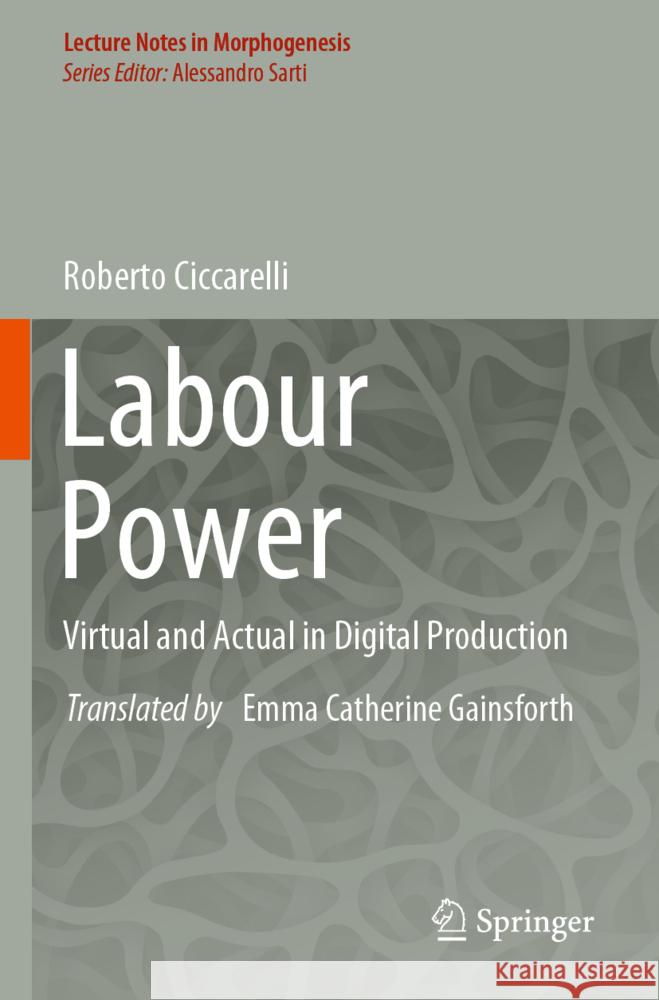Labour Power: Virtual and Actual in Digital Production » książka
topmenu
Labour Power: Virtual and Actual in Digital Production
ISBN-13: 9783030708641 / Angielski / Miękka / 2022
Labour Power: Virtual and Actual in Digital Production
ISBN-13: 9783030708641 / Angielski / Miękka / 2022
cena 563,56
(netto: 536,72 VAT: 5%)
Najniższa cena z 30 dni: 539,74
(netto: 536,72 VAT: 5%)
Najniższa cena z 30 dni: 539,74
Termin realizacji zamówienia:
ok. 16-18 dni roboczych.
ok. 16-18 dni roboczych.
Darmowa dostawa!
This book offers a critical account of Karl Marx’s dazzling theory of labour power which is also one of the most influential concepts in the history of contemporary philosophy. Labour power is the dark side of the digital revolution. Working men and women are invisible and treated like human service, flesh and blood automatons or organic extensions of a machine that produces data on its own. Automation is viewed as something magic made possible by algorithms whose life is independent of human beings.
Labour power, however, has not disappeared. Without drivers, Uber cannot connect customers on its platform; without searches on its browser, Google grinds to a halt; without us, Facebook or Instagram is desert. Labour power is the dwarf hidden inside the puppet of technology that allows algorithms to be intelligent and make the biggest profits in the history of capitalism.
The invisible centrality of labour power is the political enigma of our times. Today a new account of the theory of labour power is needed more than ever in order to understand the political economy of digital capitalism on new grounds.
Unlike a long tradition in the history of work, labour power is not only the work or the data it produces, but a potency that does not coincide with its current commodification. The actuality of labour power does not exhaust the virtuality that can be actualised by its faculty. Even when reduced to a commodity, labour power does not exhaust the potency of its being otherwise.
Immersed in the constant propaganda that boosts the latest technological inventions, we neglect the fact that this wealth is produced by us and that it could be ours precisely because it is a part of our potential to be other than what we are at present.
This book is a vibrant invitation to consider the fact that we are always connected with the potency that is constantly at work in our life. If this were not the case, we would not be alive. If we do not strive to become consciously and collectively active, we will never know.











